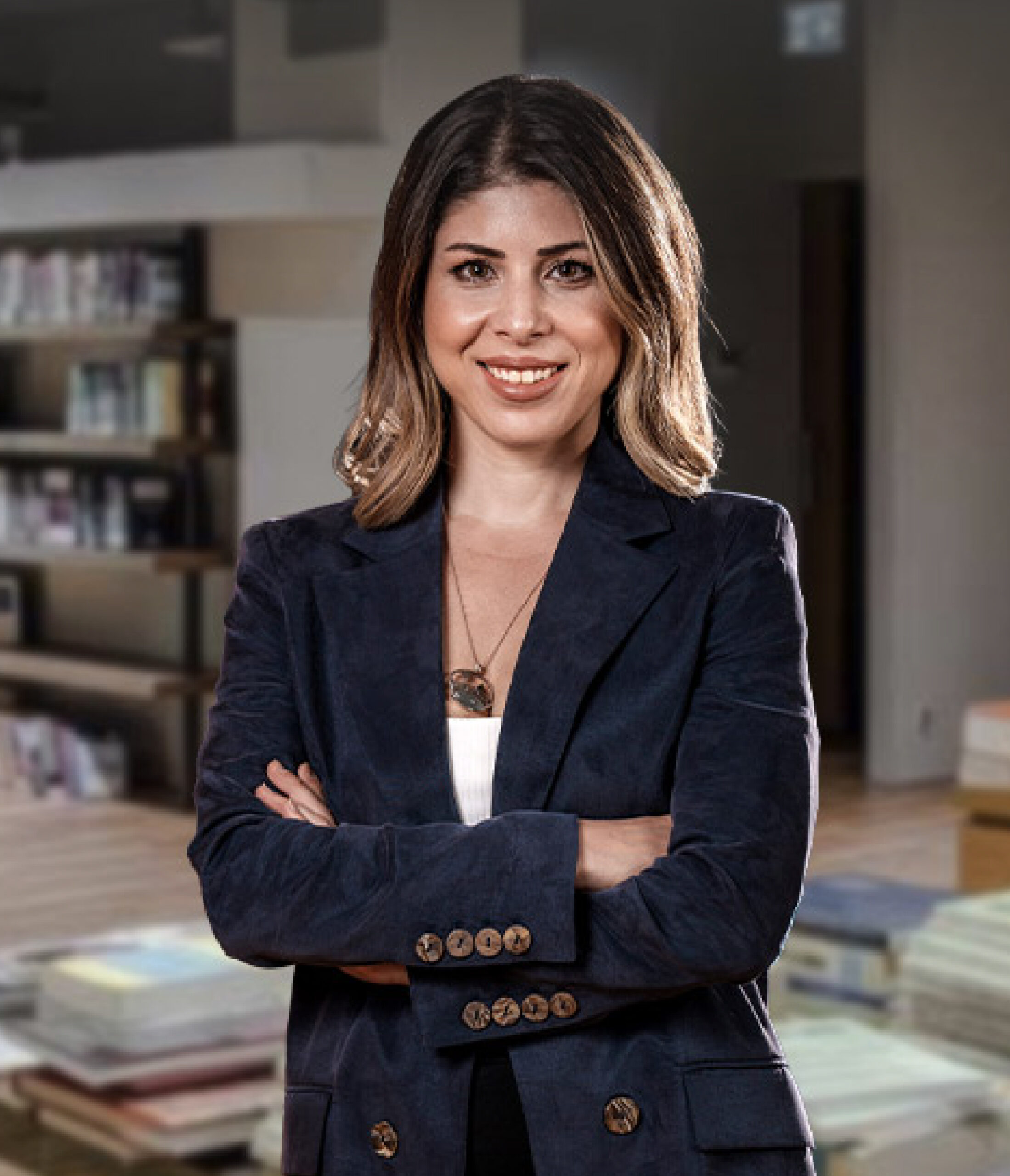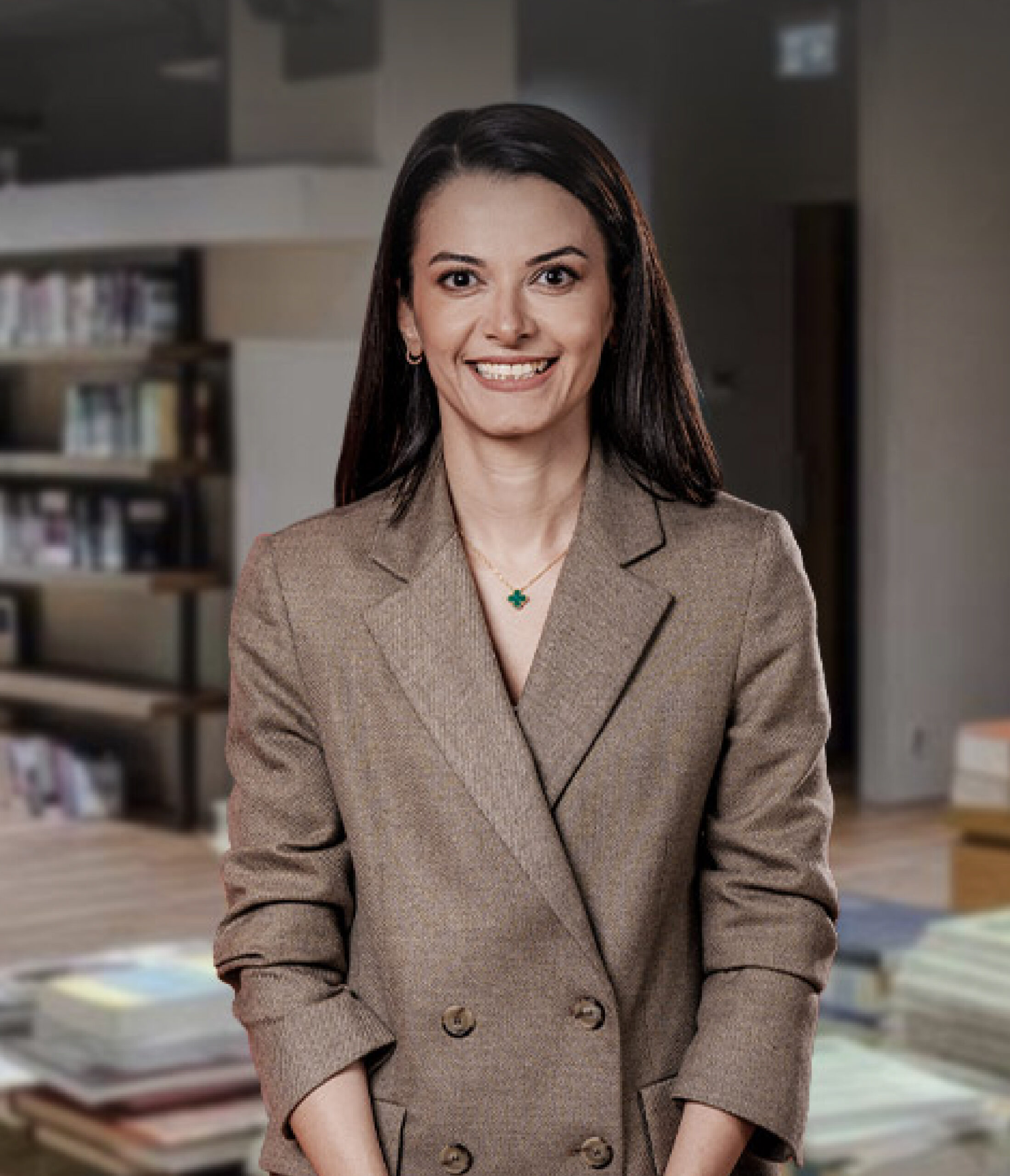Under Turkey’s recently overhauled intellectual property regime, employees in higher education institutions are entitled to a reasonable fee for employee inventions. The fee must be at least one third of the employer’s profit from the invention. Details have now been announced to clarify minimum standards, profit and fee calculation, dispute resolution, as well as and related matters.
The Regulation on Inventions of the Employees, the Inventions made in the Higher Education Institutions and Supported by the Public Institutions and Organizations (“Regulation”) was published in Official Gazette number 30195 on 29 September 2017, entering into effect the same date.
Employees and employers are free to negotiate the terms of compensation for employee inventions, although contracts must meet the Regulation’s minimum standards. Agreements which are disadvantageous and unfair to employees will be deemed invalid.
Calculating profit
Accoring to the Regulation, the profit obtained from the invention is the sum of the profit obtained from the invention’s:
- Use by the enterprise, calculated via:
- Comparison with a similar free invention,
- Calculating the difference between enterprise’s costs and revenues, or
- Estimation (if the other methods are not possible).
- Licensing, transfer or exchange, calculated via detailed methods to determine net income.
Types of employee inventions
Employee inventions are divided into three groups, with a different coefficient used in each compensation calculation for each:
- 1st Group: Inventions which are not directly relevant to the employee’s field of duty and enterprise did not contribute to.
- 2nd Group: Inventions which arose in response to needs determined by the enterprise, where the enterprise contributed to the invention, but it is not directly relevant to the employee’s duties.
- 3rd Group: Inventions which arose within the employee’s duties and the enterprise fully contributed to.
Dispute resolution
The Regulation introduces arbitration for disputes, in line with relevant provisions of the:
- Code of Civil Procedure numbered 6100.
- Code of International Arbitration numbered 4686.
If the parties are not able to resolve disputes about methods and payments within two months of the employee notifying the higher education institution, the matter can be escalated to arbitration.
Public scholarships or grants supporting experimental work
Cooperation agreements must be signed where public institutions offer support in the form of scholarships or grants, intended to allow experimental work to occur. The inventor must inform the institution whether he/she claims ownership rights over any inventions.
The inventor must notify the institution about inventions within one year, or the institution will receive ownership rights free of charge.
If the inventor claims ownership, the institution can receive a license right, free of charge, within the scope of the institution’s purposes.
Please see this link for the full text of the Regulation (only available in Turkish).




